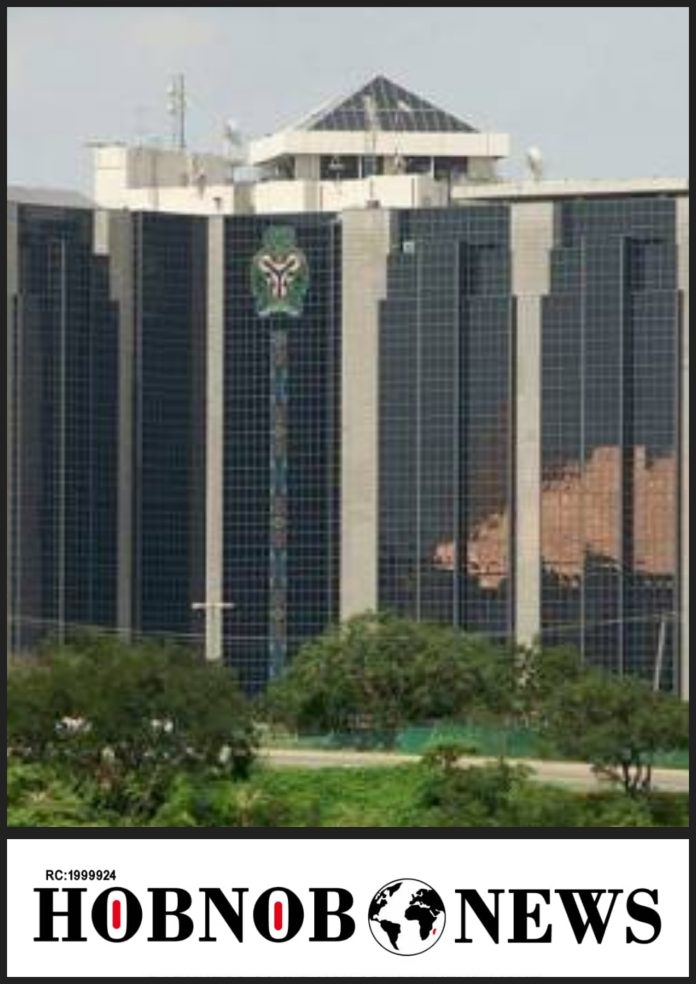In a bid to enhance the liquidity in the country’s foreign exchange market, the Central Bank of Nigeria (CBN) has instructed banks to restrict their Net Open Position (NOP) for foreign currency assets and liabilities. The CBN has mandated that banks should limit their NOP to 20 percent of shareholders’ funds. This directive was issued in a circular, dated January 31, 2014, with the reference TED/FEM/PUB/FPC/001/001.
The circular, signed by Dr. Hassan Mahmud, the Director of Trade and Exchange, and Mrs. Rita Sike, the Director of Banking Supervision, focuses on the “Harmonization of Reporting Requirements on Foreign Currency Exposures of Banks.” Under the new CBN prudential requirements, banks that currently have an NOP exceeding 20 percent short and 0 percent long of their shareholders’ funds are required to bring them down to the prudential limit by February 1, 2024.
Banks are now obligated to calculate their daily and monthly NOP and Foreign Currency Trading Position (FCTP) using specific templates provided by the CBN. Additionally, banks must maintain a sufficient amount of high-quality liquid foreign assets, such as cash and government securities, in each significant currency to cover their maturing foreign currency obligations. The CBN has also instructed banks to establish foreign exchange contingency funding arrangements with other financial institutions.
To mitigate currency mismatch risks associated with foreign currency, the CBN has specified that banks should borrow and lend in the same currency, following a principle of natural hedging. Furthermore, the interest rate for borrowing and lending should be aligned, with no discrepancy between floating and fixed interest rates, in order to minimize basis risk linked to foreign borrowing interest rate risk.
In regard to Eurobonds, the CBN requires that any clause of early redemption should be initiated by the issuer, and prior approval from the CBN must be obtained, even if the bond does not qualify as tier 2 capital.

